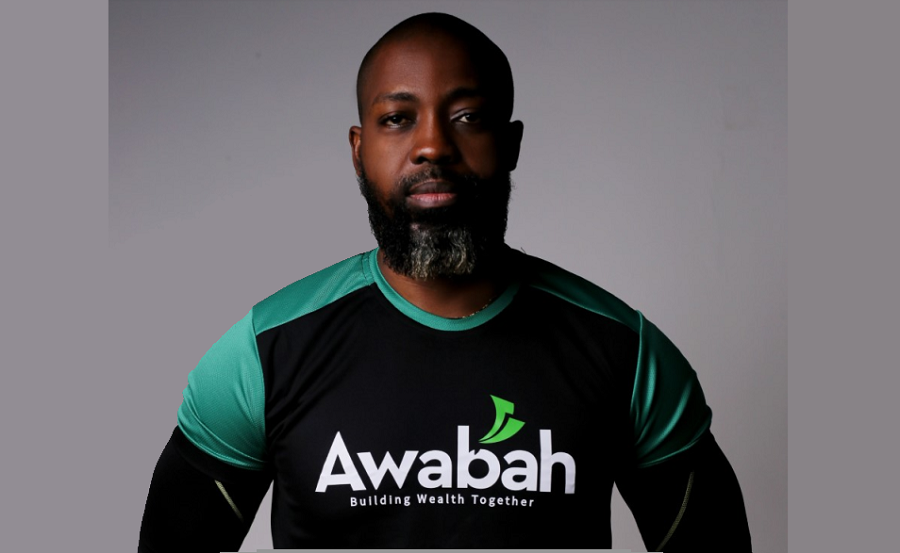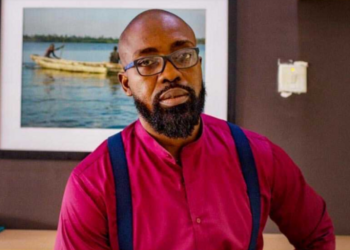With total RSA registration at 9.46 million and total pension fund asset at N13 trillion as of the end of the third quarter, it is believed that the pension space in Nigeria has improved significantly over the past decade but at the same time, is still a long shot from where it should be considering Nigeria’s population of over 200 million people.
In lieu of this, Tunji Andrews, Co-founder, Awabah, recently trained 200 agents to spread micro pension to various communities.
In this interview, the micro pension advocator told Nairametrics that the startup is targeting reaching five million people in five years to drive micro pension at the grassroots level. He also sheds light on some of the trends in the industry. Excerpt:
What is Awabah doing differently?
The uniqueness of Awabah is in the way we are engaging the customers. We are bringing in, a unique customer experience. Regardless of where you come from, pension is confusing and it is difficult to understand for the average person. Even in London and America, it is confusing, how much more Nigeria and the person in the informal sector.
What we are bringing is not only to sell the product. We are bringing in financial education around pension. We are trying to make sure that the customer doesn’t think about pensions at the end of the month alone. We want them to think about it consistently. So, we are bringing out some sort of innovation to make the customer convenient about their retirement and be proactive towards it.
Why the PFAs are so excited to collaborate with us is that we are bringing in relief customer experience. They can do it on their own but we make it easier for them to do it, so, they don’t need to spend a lot of money building customer experience. We just make it easier for them.
What system do you have in place to follow up with registered agents and customers?
We have multiple ways we are planning to follow up with customers. Apart from the fact that we have systems in place, like emails, text messages, phone calls and the likes, we are also doing a bit more in terms of sensitization as in adverts, radio shows and market storms. The message is going to be micro pension. Our goal is to make micro pension as popular as banking. You know the way banking is; everybody understands what to do, you don’t need to tell them what to do with their own bank account. That’s the way we want it. Instead of reminding people to save with Awabah account, our conversation will be micro pension, the product itself and get more people to know more about it and it gets better.
What can you say about the pension industry assets value at N13 trillion?
One thing you must realise is that change is a gradual process. Pension in Nigeria as a whole is not up to 20 years old. But a lot of the time, we make the mistake of comparing it with pension systems that are 100 years or more. They have evolved, they have grown and they now know more. The thing with Nigeria is, because we are just young in that area, it will take some time.
In 2010, we had just a few customers. Today, we have a lot more. In another five or ten years, they will continue to grow exponentially. At Awabah, our goal is to do five million customers in five years. Imagine adding that five million to the current number. The numbers would explode exponentially and this is outside what other PFAs would do.
In essence, where we are is because of where we are as a country. We are still young in the pension system. When we grow more, we will be able to gain more customers
How is the recently included Fund VI expected to help deepen penetration?
The recently added Fund VI is a no-interest fund for people whose religious believes do not align with interest. And it generally looks to people who are predominantly Muslims as their faith do not align with interest. What they rather believe is to do business and share the profit afterwards.
The new fund opens up to people whose faith has made them stay away from the pension system. Now there is a pension fund for everybody, for youth, old, small businesses and others. It’s the best way to deepen penetration because everybody now has a pension system. No more excuses.
What’s your take on ensuing conversations around government borrowing from pension purse?
That is not exactly true. Government cannot borrow pension funds. What happens is that pension fund administrators invest in government debt. Government debt is an instrument via treasury bills, bonds, open market auctions. It’s not only pension fund administrators that invest in it; banks invest in it, foreign investors invest, so it’s a market instrument. It is the instrument that the government must return and it is the most secured form of investment in Nigeria because as long as there is a country called Nigeria, the government must pay back that debt. It is the safest way to invest and that is why most PFAs invest in their government debt because it is a thing that gives you stability. Although the interest is not very high, it is stable. So, government is not meeting PFAs to borrow, but it is an investment that banks do, the PFAs do and all sorts of investment houses do. There is no such thing as that government is going to collect money from PFAs.
In recent times, investment has tilted more towards government security. Don’t you think that more focus should be channelled towards investment in infrastructure and the likes?
The first and most important mandate of PenCom is that when people retire, they must see their money, every other thing comes after that. It is the reason why PenCom is strict when it comes to what PFAs can invest in. They can’t just invest in anything like crypto. It must be structured. PenCom as the regulator must vet it and ensure that it is safe before they can invest in it. The way it is right now is, it is the places PenCom says you can invest in that the PFAs can invest in.
Most PFAs would like to invest heavily in those places that can yield high returns but those sorts of investments also have high losses. For instance, the stock market can go up 200% high in a year and the next year, fall another 150%. PenCom is not very comfortable with volatile investments because the people who invest their money need their money when they get to the age of retirement. So it’s about the regulator being careful with people’s money, making sure that whatever is invested in must be here to stay. The problem with infrastructure investment is that we are yet to see a successful, Public-Private Partnership (PPP) project that went through till the end and investors collected their money.

















